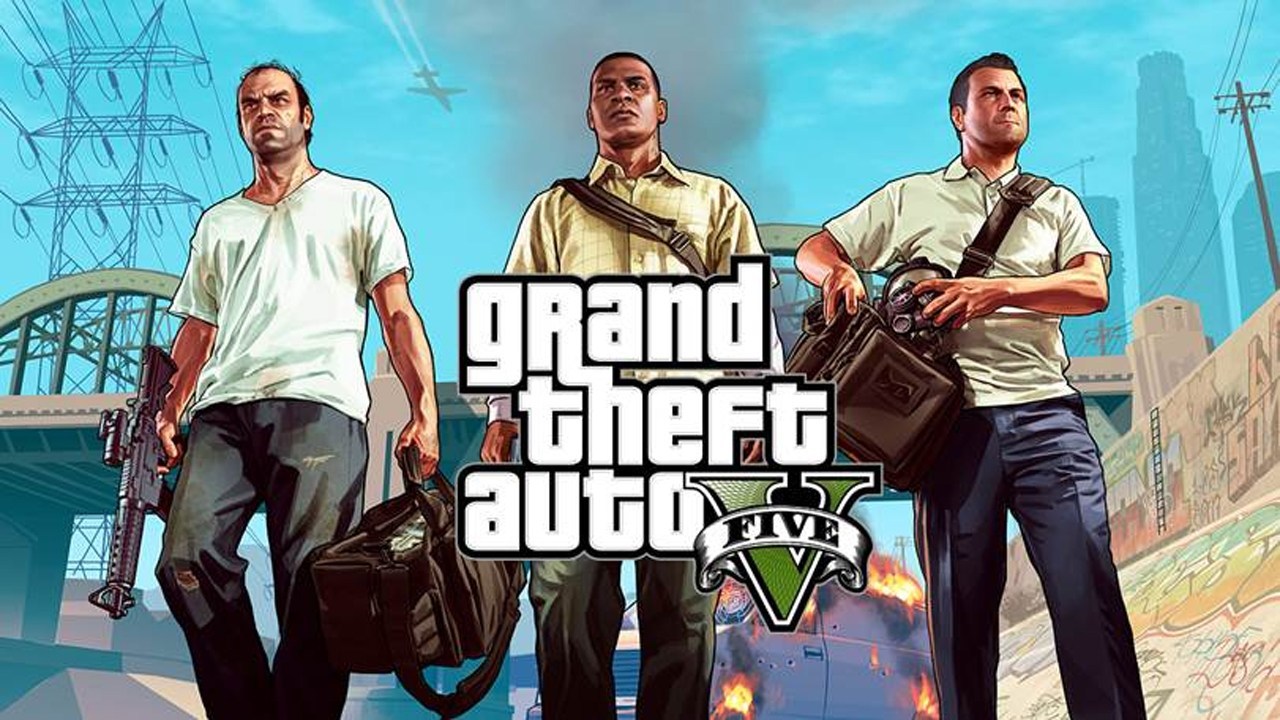According to a recent report from U.K.-based TaxWatch, an investigative organization monitoring “large taxpayers,” Rockstar Games has been holding back on its U.K. taxes. The news comes from GamesIndustry.biz.
It’s a particularly concerning claim, considering how financially successful Grand Theft Auto V and Red Dead Redemption 2 have been in their respective lifecycles — not to mention GTA Online.
Back in April 2018, MarketWatch stated that GTA V had brought Rockstar more profit than any game or film has ever raked in, estimating sales at that time to be in the neighborhood of $6 billion stretched across 90 million copies sold.
Since then, it’s sold approximately 20 million more copies, though since we’re still in the middle of 2019, there’s no estimated profit to accompany the increased sales.
According to TaxWatch, only $1 billion of those earnings goes to cover other costs. $5 billion ends up as pure profit, while Rockstar only reports a pre-tax profit of just $57.8 million.
TaxWatch wasn’t completely clear in how it obtained the information regarding the game’s profits, though Rockstar and Take-Two’s international structure seems to be involved. The report claims the U.S,-based offices receive most of the profits, while very little finds its way back to the U.K. home offices.
Further, TaxWatch reports that Rockstar has taken advantage of the U.K.’s Video Game Tax Relief Fund to the tune of $51.3 million over the course of two years beginning in 2015.
The think tank claims Rockstar is abusing the system. The fund provides tax credits for studios based in the U.K. and European Economic Area (EEA), helping subsidize 20% of development costs for a game regardless of the team’s budget.
There is, however, a culture test determining eligibility for the program.
The test is aimed at ensuring games that receive funds center on U.K. or European customs, locations, or people, with the idea being such games wouldn’t necessarily fare well in overseas markets. A game must score only 16 out of 31 points to be eligible for the subsidy.
Even a cursory glance at the test and scoring shows how easy it would be for a larger company with multiple branches to reach that point, though, even if the game in question has nothing to do with the U.K. or Europe.
Despite being a culture test, a good bit of weight is given to whether a game is partially or fully developed in the U.K., instead of whether it relates to the U.K. and European culture.
Maximizing the non-culture categories awards 15 points, with the clincher being in the language category: Any game with English as the main language can receive points in this area.
GamesIndustry says Her Majesty’s Revenue and Customs (the U.K. equivalent of the IRS) would not comment on the matter at this time.








Published: Jul 29, 2019 10:43 am